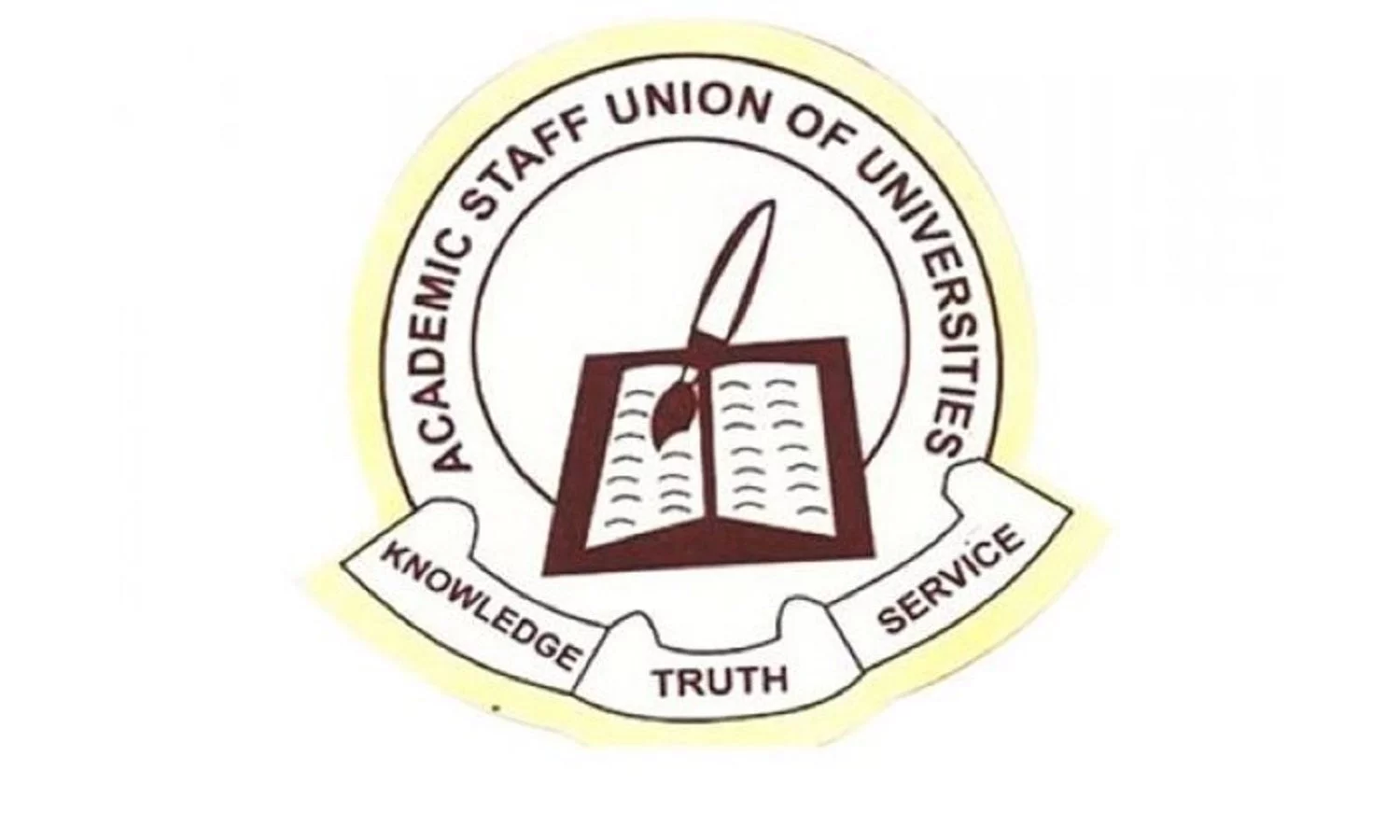Mobility through any means, especially by use of either Keke Napep or motorcycles, is an important activity among the lower class of people in any community in Nigeria. This is especially true in a place like Abuja, the Federal Capital Territory (FCT), which has now become a center of attraction to millions of people.
This and many other reasons make it imperative for the current FCT Administration under the leadership of Mohammed Musa Bello to in collaboration with the National Assembly fashion out a comprehensive transport policy for the city. The need for such a policy cannot be over emphasised particularly now that the nation’s economy is in a crossroads.
Even though the FCT Minister, Mohammed Bello, had in the past been unfairly criticised by some people, the comments in some newspapers on the Keke Napep and Okada ban are justified because thousands of commuters in the FCT are really suffering due to the lack of a viable transport policy in the territory. We need to separate unfair criticisms from genuine complaints and appropriate suggestions made by the people on how to correct certain anomalies that have been affecting the lives of FCT residents. The difficult transportation problems being confronted by FCT indigenes was highlighted in the Daily Trust of January 2, 2020.
The minister and his team of experts should therefore approach the National Assembly for the formulation of a sustainable transport policy for Abuja without further delay. It is needed right now. The introduction of such a policy will help to ameliorate the difficulties being encountered presently by the lower class in Abuja whenever they either want to travel through the motor parks, trains, or airport. To reach the aforementioned three points, whenever somebody wants to travel or returns they have to make use of either tricycles or okada since taxis are usually very expensive or even not available at all in some parts of Abuja. Commuters usually find it difficult to reach their houses or places of work after they might have arrived from long distance traveling due to lack of cheap means of transportation represented by the okada or tricycles.
Just like what the Kano state government did recently by reversing its earlier decision to ban the tricycle operators, I commend the FCT minister for releasing about 155 tricycles to its owners last week to continue their operations. People who patronise this mode of transportation like yours truly are huge in Abuja and I feel that enforcing the ban on okada and keke will not favour the lowly placed. It will rather affect their economic activities and even that of the FCTA negatively.
Abuja deserves a comprehensive transport policy not just a necessity but an integral aspect of the city’s economic development. It will help to reduce poverty, and also bring about prosperity as it will create opportunities for the employment of our jobless youth.
Three advantages have now emerged as a direct result of the minister’s decision to give priority to the completion of projects awarded by his predecessors including the provision of critical infrastructure and other basic facilities in the various phases of the FCT within the past four or five years.
Some of the advantages include the ease of doing business in the city, easy access by workers and businessmen to their places of assignment and the increased revenue to the FCTA in this era of dwindling allocations from the center or federal government to states and the FCT. I have noticed that people could now go to their places of work and other areas of engagement much more quickly and without much problem because of the various roads that Mohammed Bello has completed and commissioned.
It is also on record that some of the agencies responsible for collecting revenue for the FCTA have been able to collect more revenue than before apart from the fact that FCT residents now enjoy more water supply and are accessible to other facilities much more than before. It is believed that the ease of doing business and the less time being spent by workers and traders to reach their various destinations in the capital city were made possible due to the availability of critical infrastructures in strategic areas of Abuja.
The Mohammed Bello led FCT Administration had since coming on board in 2015 given priority attention to the provision of more and more facilities like hospitals, access roads, health centres, and educational facilities to the ever increasing student population occasioned by the influx of people to Abuja. Also, the opening up of more roads and the recent ban of tricycle operators in some parts of Abuja has drastically reduced the traffic gridlock in the city. The roads completed include the Abuja Airport Road, Kubwa Express road and the AYA axis where the special task force appointed by the minister to reduce traffic congestion operates.
Mohammed Bello’s action has also reduced youth restiveness as many youths and adults are now getting something useful to do thereby reducing crime and other nefarious activities. It is hoped that more of such actions by the minister will reach satellite towns of the city in order to impact positively on people’s lives. Mohammed Bello has been giving attention to the provision of dividends of democracy to the FCT residents as testified by large number of people.
Biu writes from Abuja



